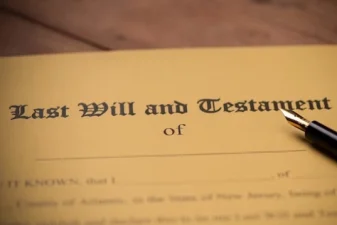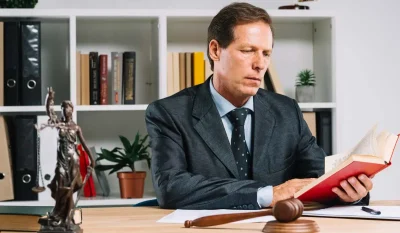A will is a legal document that sets out what will happen to your money and property after you die. It is your chance to communicate your final wishes to your family and loved ones. Your will allows you to make arrangements so that it will be easier for your loved ones to wrap up your affairs.
Wills and Estates Lawyers Burlington
A well-planned and administered estate is essential – not only to protect your business, but also the people you love. Estofa Law provides peace of mind to clients, ensuring that intergenerational transfers of wealth occur in a tax-efficient manner and accordance with their clients’ desires.

Real Estate Law

Immigration Law
Our lawyers have experience in dealing with all types of estate planning and administration, from simple wills to complex blended family situations and transfers of business interests.
What is a Will

Our Services

Real Estate Law
Purchasing or selling a house or property lawyers near me? In our lives, these are the most significant transactions. A knowledgeable attorney at Estofa Law can offer legal counsel on a range of real estate issues, regardless of your level of experience as an investor or first-time home buyer.

Immigration Law
You may rely on Estofa Law for trustworthy immigration assistance. Our knowledgeable staff helps with Temporary Resident Application, Permanent Resident Applications, Citizenship Applications, and more, assisting you confidently at every turn.

Family Law
Our staff at Estofa Law can assist you in comprehending your options, rights, and responsibilities about any particular challenging circumstance you may be facing. You need to be aware of your options, rights, and responsibilities in the complicated field of family law.

Mortgage Refinancing
Trust Estofa Law for all your real estate needs. Our skilled team ensures smooth property transactions, providing security and peace of mind throughout the process.

Wills & Power of Attorney
Our law firm offers comprehensive Wills & Power of Attorney services, providing expert guidance to safeguard your assets and ensure your wishes are legally protected and respected.

Permanent Residence
Our committed group of immigration attorneys provides knowledgeable direction and assistance during the whole application procedure. We offer specialized tactics to achieve your unique immigration objectives.
What Usually goes in a Will
Wills communicate your wishes about how your property and money will be distributed when you die. Wills commonly include the following:
- ⦿ The name of an executor or estate trustee who will be responsible for carrying out your wishes.
- ⦿ The name of a guardian to care for any minor children. · Specific gifts of money, personal property or land.
- ⦿ Directions about who should get the rest (or remainder) of your money and property.
- ⦿ Instructions that allow money to be held in trust for certain beneficiaries (for example, children or people with disabilities). Wills can also include funeral instructions, gifts to charitable organizations, arrangements for pets, and more.
When does a WIll take Affect
Wills take effect the moment you die. Your executor does not have the authority to do any of their duties under the will before you have passed away. Your beneficiaries do not have the right to access their inheritance before you have died.
What DON’T Wills do
Wills do not give anyone access to your money or property while you are still living. The will does not give your executor the right to take over any decisionmaking for you while you are alive, even if you become incapable. If you want to name someone to manage your money or make personal care decisions for you while you are still alive, you will need to complete Powers of Attorney. Wills also do not typically include health or personal care instructions. In Ontario, the term ‘Living Will’ is not used, but you can include health care instructions in a Power of Attorney for Personal Care. Since your Last Will and Testament takes effect at your death, it does not deal with health care instructions.
What Does a Will Need in order to be Valid
In Ontario, wills need to be in writing in order to be valid. Talking to your loved ones about what should happen to your money and property is sometimes useful, but your wishes are not legally binding unless they are properly written down. Wills must be signed at the end of the document. Generally, unless your will is completely in your own handwriting, it needs to be witnessed by two people. A will that is completely in your own handwriting is called a holograph will. Holograph wills do not need to be witnessed, but they do need to be signed at the end.
Witnessess:
- ⦿ There are certain requirements for witnesses to wills:
- ⦿ Witnesses must be at least 18 years old;
- ⦿ They cannot be a beneficiary (someone who will inherit under the will) or the spouse of a beneficiary, and;
- ⦿ They must be competent at the time they witness the will.
- ⦿ If you are working with a lawyer, the lawyer will usually arrange for the will to be properly witnessed. Often a lawyer will ask one or both witnesses to sign an Affidavit of Execution after they witness your will. The Affidavit of Execution is a sworn statement from a witness that they saw you sign your will. The Affidavit can be helpful in case the witness cannot be located after you have passed away.





